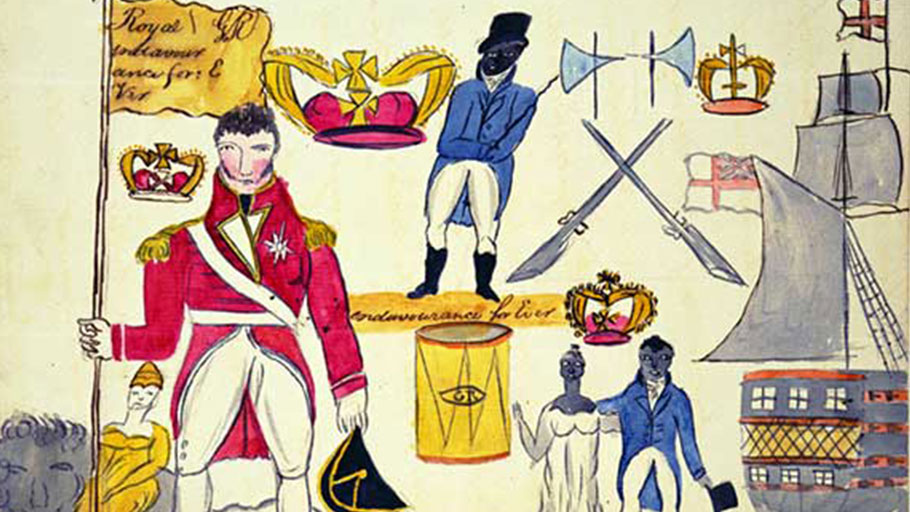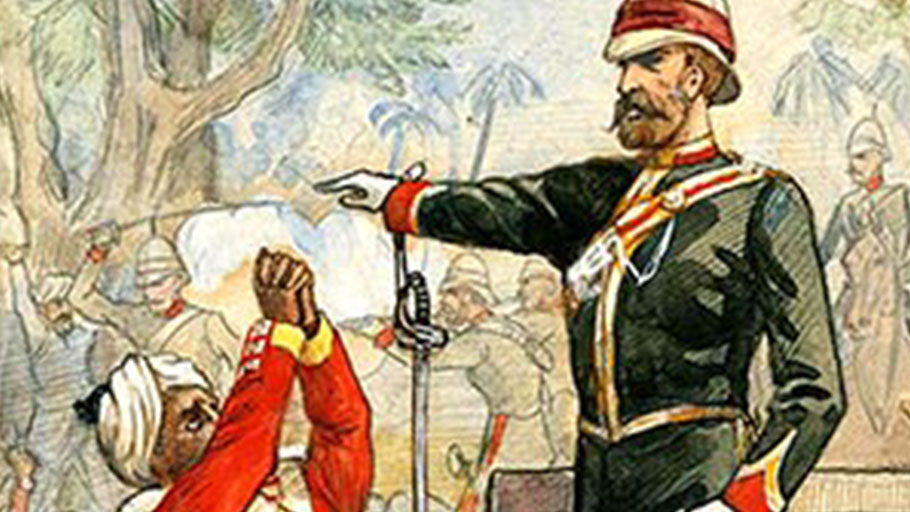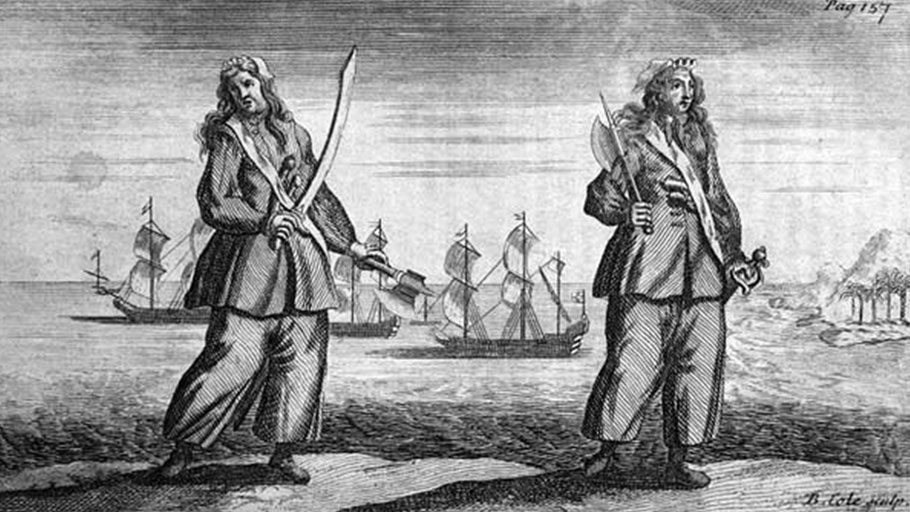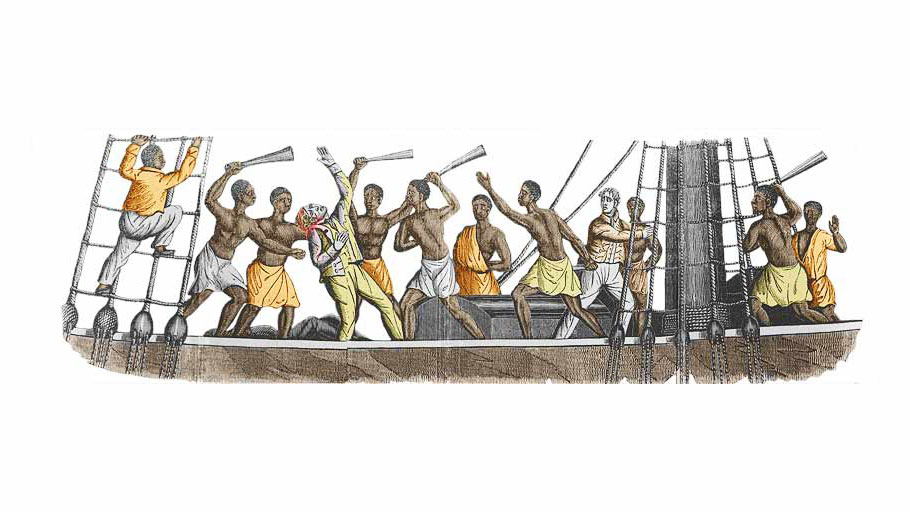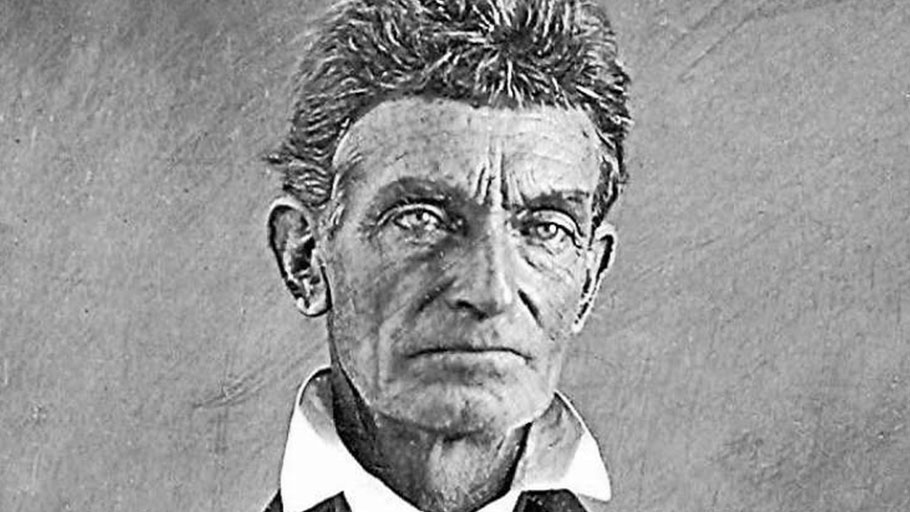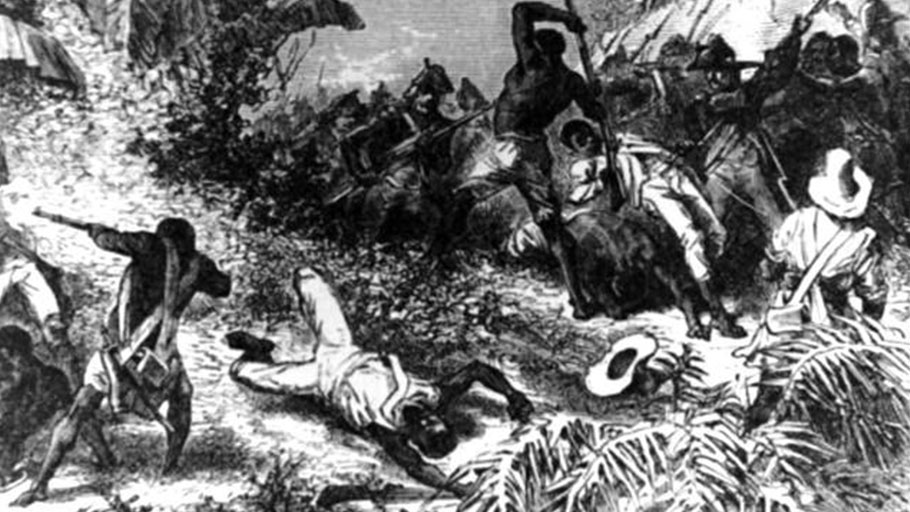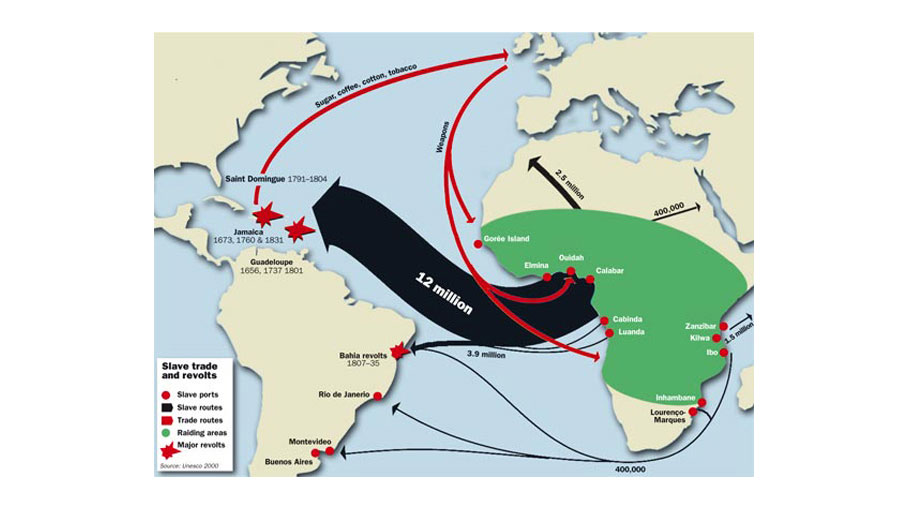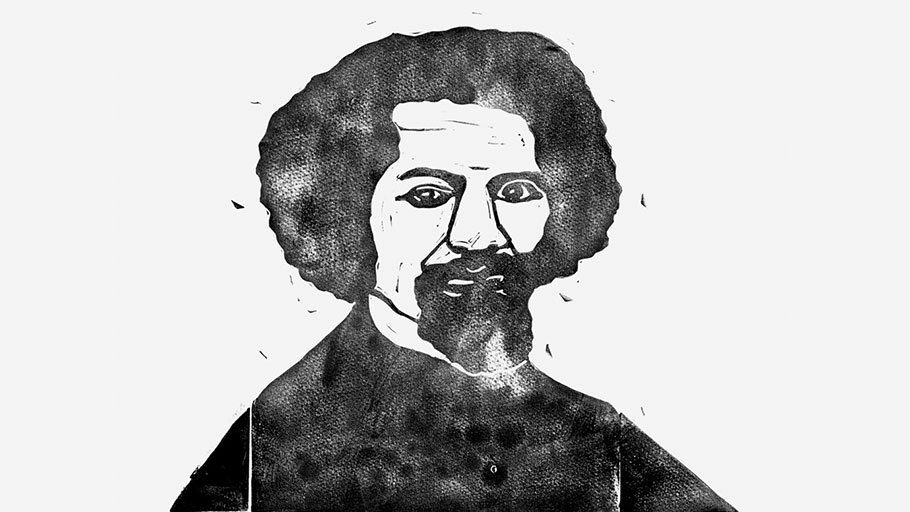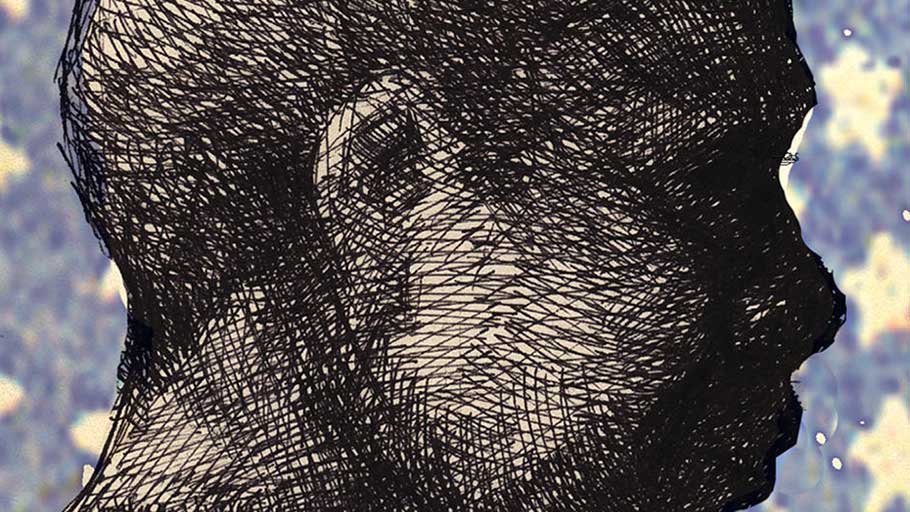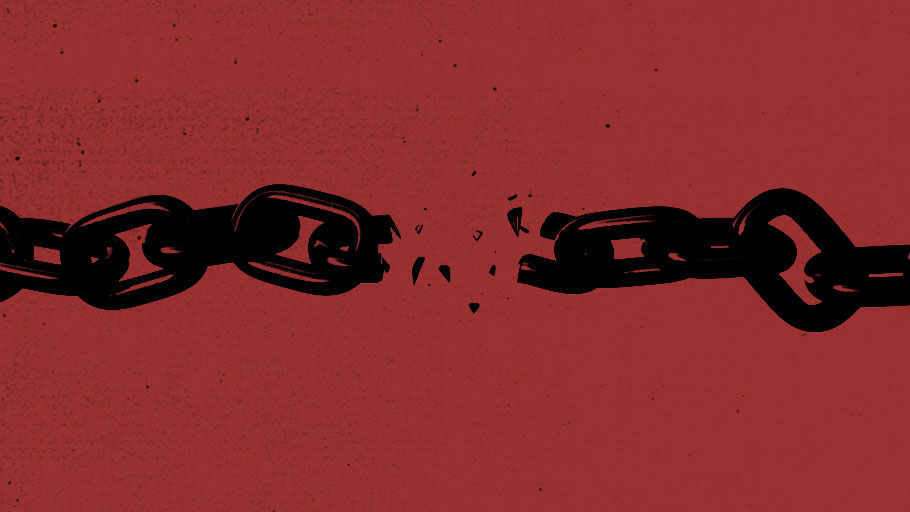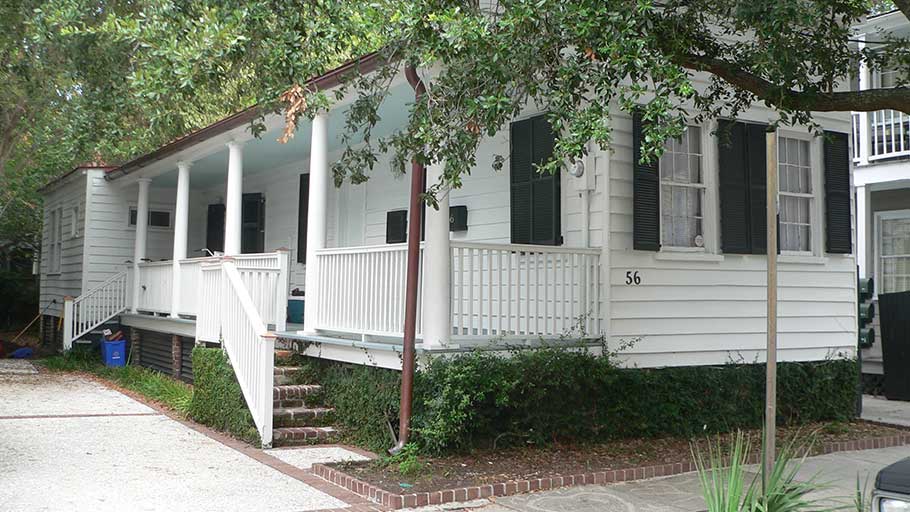
By Ashleigh Lawrence-Sanders, AAIHS — The familiar refrain after the Emmanuel AME massacre on June 17, 2015, was that Dylann Roof, the murderer, was not from “here.” But as Ethan Kytle and Blain Roberts’ Denmark Vesey’s Garden: Slavery and Memory in the Cradle of the Confederacy aptly demonstrates, Roof’s understanding of history and memory in Charleston led him to that church; and his understanding was not alien to the sometimes violently, oft-contested memory of slavery in the…


